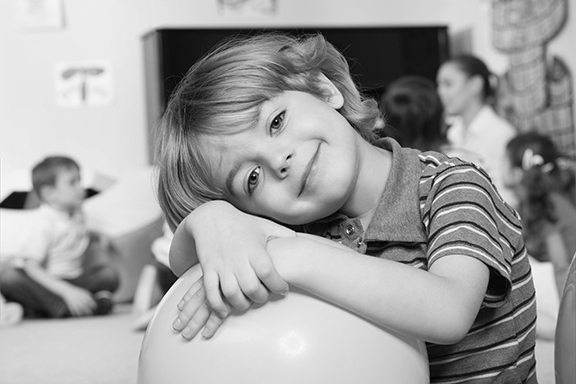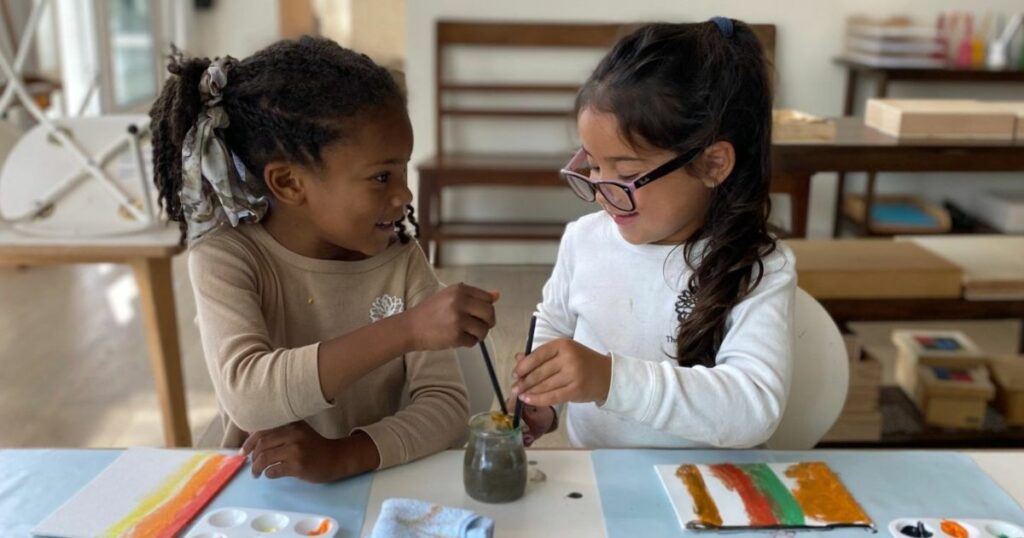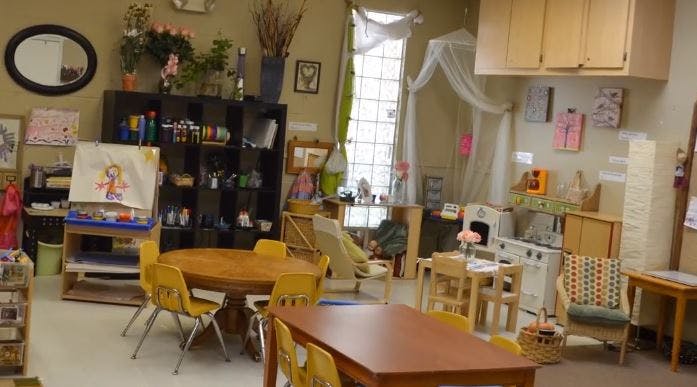Children are not born good or bad, and we should never abandon them. At every stage of their childhood, they require adults who will help them become caring, respectful, and responsible members of their communities.
Teach Kids Kindness:
Here are a few strategies for raising kind and caring kids:
#1 Prioritize caring for others:
Parents often place their children’s happiness and accomplishments ahead of their children’s concern for others. However, children must learn to balance their own needs with those of others, whether it’s passing the ball to a teammate or standing up for a friend who is being bullied.
Parents must instill in their children the importance of caring for others. Holding children to high ethical standards, such as honoring their commitments even if it makes them unhappy, is a big part of that. For example, before asking children to quit a sports team or a friendship, we should ask them to consider their obligations to the group or the friend and encourage them to work out any issues before quitting.
Rather than telling your children, “The most important thing is that you’re happy,” tell them, “The most important thing is that you’re kind.” Make certain that your older children always address others with respect, even if they are tired, distracted, or angry. When interacting with other key adults in your children’s lives, emphasize caring. For example, ask teachers if your children are good school community members.
#2 Provide opportunities for kids to practice caring:
It is never too late to change your ways, but it will not happen on its own. Children must practice caring for others and expressing gratitude to those who care for them and make a difference in others’ lives. According to research, people who express gratitude are more likely to be helpful, happier, and forgiving.

Don’t reward your kid for every act of kindness, such as clearing the table. We should expect our children to assist around the house, with siblings, and with neighbors, and only exceptional reward acts of kindness. Talk to your kid about caring and uncaring acts they witness or hear about in the news and acts of justice and injustice. Make expressing gratitude a daily ritual, whether at dinner, bedtime, car, or subway. Thank those who make significant and insignificant contributions to us and others.
#3 Be a good role model:
Children learn ethical values from the actions of adults they admire. They also learn values by discussing ethical quandaries with adults, such as Should I invite a new neighbor to my birthday party if my best friend doesn’t like her?
Being a good role model and mentor requires parents to practice honesty, fairness, and self-care. But that doesn’t mean you have to be perfect all of the time. For children to respect and trust their parents, they must admit their flaws and mistakes. Parents must also respect children’s thinking and listen to their perspectives, modeling for them how they want them to interact with others. Do community service at least once a month to demonstrate your concern for others. Even better, perform this service alongside your child. At dinner, present your child with an ethical quandary or inquire about ethical quandaries they have encountered.
#4 Teach your kids to be calm:
Anger, shame, envy, or other negative emotions can often overpower one’s ability to care for others.
We must teach children that while all feelings are valid, certain approaches to dealing with them are not. Children require our assistance in learning to cope with these emotions in productive ways.

Here’s an easy way to teach your children to relax: ask them to stop, take a deep breath through their nose, exhale through their mouth, and count to five. Then, whenever you notice her becoming agitated, remind her of the steps and walk through them with her. After a while, she’ll be able to do it independently, allowing her to express her feelings helpfully and appropriately.
Takeaway:
Raising a kind and caring child is essential. However, you can not force your little one to be a kind and nice person. Rather be a good role model, and tell them the importance of kindness in life. Sticking to different tips to develop kindness will be quite helpful. Choosing the right school for your little one is the first step towards raising a kid with all good qualities. When it comes to early education for your kid, Montessori schools are the best. Based on Montessori principles, these schools have trained and professional teachers who offer the best learning environment to your kids






